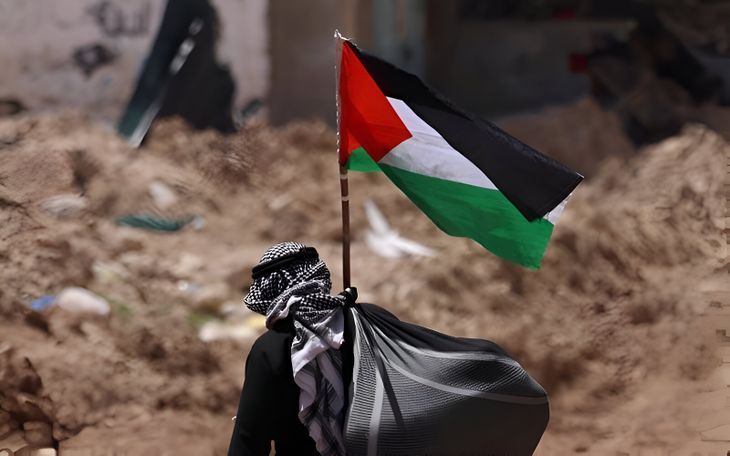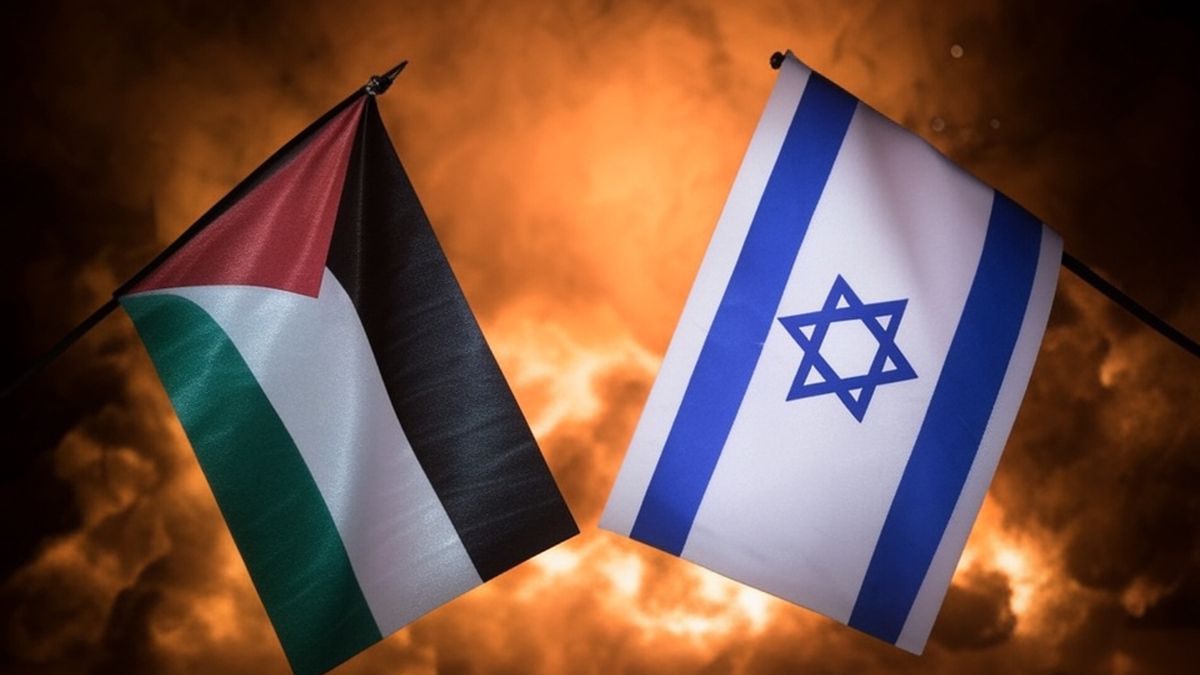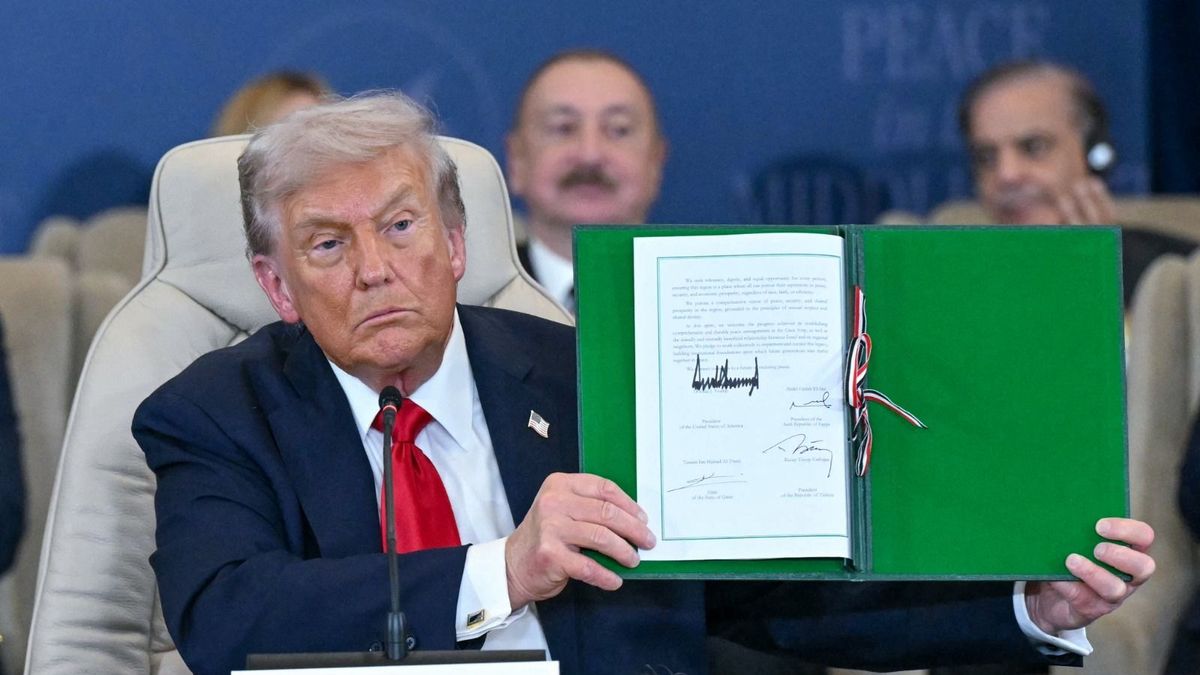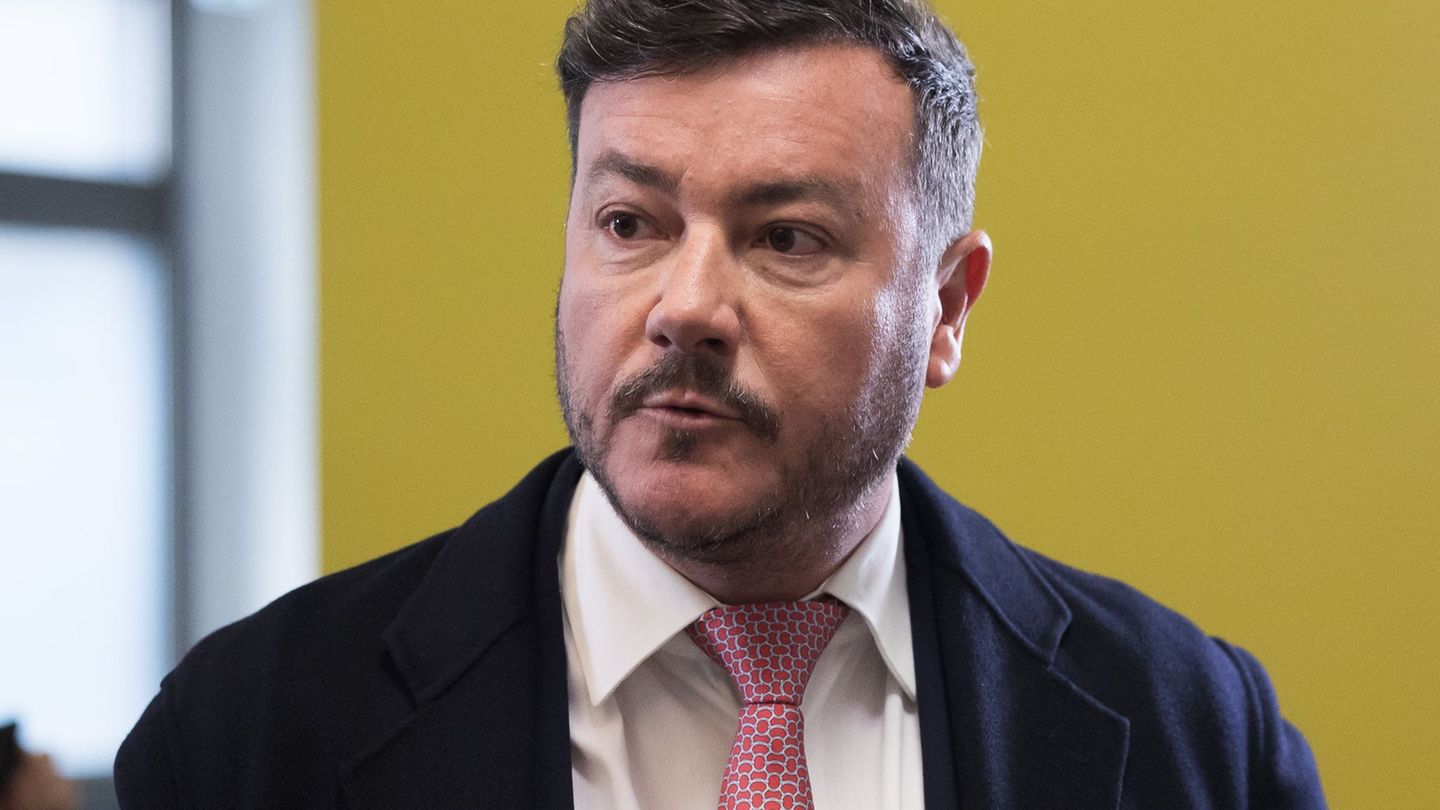What is the current situation of Palestine?
The Palestine Liberation Organization declared a Independent State in 1988quickly recognized by most of the global south. Currently, some 150 of the 193 UN Member States recognize it formally.
Despite this, Palestine is not a full member of the United Nations, but maintains Observer status without the right to vote. To access full membership, the Approval of the Security Councilwhere The United States exercises veto power.
How does the Palestinian authority work today?
The Palestinian Authority (AP), directed by Mahmoud Abbas, exercises self -government limited in parts of Bank occupied by Israel. Administers Passports, Education and Health. In Gaza, however, the control is in Hamas since 2007, after expelling the Fatah movement.
Palestinian diplomatic missions abroad are controlled by the AP and could be raised to the range of Embassies in countries that specify recognition.
Would new embassies open in Palestine?
While some countries could transform their consulates into embassies, The opening of full venues in Palestinian territory is not expectedsince Israel controls access to the West Bank and Gaza. Currently, about 40 nations have offices or consulates in Ramala or East Jerusalem.
Palestine.jpg
The Palestinian authority exercises limited self -government in the West Bank, while Hamas controls the Gaza Strip since 2007.
What countries recognize a Palestinian state and what is the objective?
So far, 193 countries that make up the UN, 150 already recognize the Palestinian state. Most belong to Asia, Africa and Latin America. In Europe, the debate is still open. Sweden was the first to take the step in 2014, and recently countries such as Spain, Ireland and Norway have been added. This Sunday, the United Kingdom, Canada and Australia took the step, and France will do it too.
Countries that recognize the Palestinian State
The countries that advance in this regard affirm that they are looking for press Israel to stop the offensive in Gazastop the expansion of settlements in the West Bank and resume the peace process. Emmanuel Macron stressed that the step will be accompanied by AP reforms to Strengthen your governance.
Those recognitions, howeverthey will not be enough for Palestinians to have a full representation before the UN.
What does recognition mean?
Recognition does not modify the situation on the ground, but it has a significant symbolic and diplomatic impact. Reinforces the international legitimacy of Palestine and presses Israel so that Resume negotiations. For many governments, it is also a form of Promote the solution of the two states.
Israel ensures that these gestures They weaken the peace process and reward the Palestinians without demanding concessions. Also denounces that many of these recognitions They ignore the role of Hamas, Considered terrorist group by Israel, the EU and the US.
For the Palestinian National Authority, Each new recognition is a key support. Reinforces its role in the international scene, promotes its participation in organizations such as the United Nations and can open the via new legal actions in international courts. It also strengthens the Palestinian narrative that its struggle is for a sovereign and recognized state.
Untitled-0

Countries that recognize Palestine seek to pressure Israel to stop violence and resume peace.
How did Israel and the United States react?
Israeli prime minister, Benjamin Netanyahu, warned that “There will not be a Palestinian state”, after United Kingdom, Canada and Australia officially recognized to Palestinian state. In a blunt message, he said that Israel will continue with the projects of Colonization in Palestinian territory.
In a video broadcast on social networks, Netanyahu sent a message to the countries that supported the measure: “I have a clear message for leaders who recognize a Palestinian state After the terrible slaughter of October 7: They are delivering a huge reward to terrorism. ”
The United States also rejects the decision of its European allies. Washington applied sanctions to Palestinian leaders and blocked their participation in the UN General Assembly through visa restrictions.
Source: Ambito




